Rare Earth Global teaming up with SIF, SAIC and Stirling
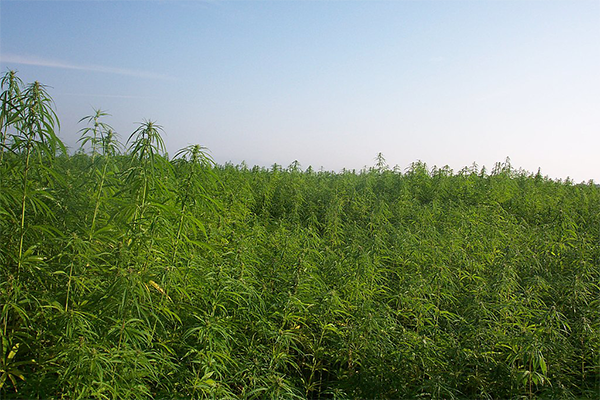
A U.K. hemp producer is making inroads with the aquaculture sector and will soon trial hemp protein’s impact on the health and wellbeing of Atlantic salmon (Salmo salar) farmed in Scotland.
Rare Earth Global has received £50,000 funding from the UK Seafood Innovation Fund (SIF) to explore how hemp seeds could be integrated into salmon diets.
The trial is being conducted with the support of the Sustainable Aquaculture Innovation Centre (SAIC) and the University of Stirling’s Institute of Aquaculture. A feasibility trial to assess the impact of hemp protein is exploring factors such as digestibility and nutritional value.
Hemp-based protein is already sold for human consumption as a plant-based nutritional supplement as well as being used in cattle and poultry farming. The results of this study could result in hemp being introduced as an aquafeed ingredient for the first time.
Initial indications suggest that a protein content of up to 50 percent could be achieved from the plants grown on UK soil, exceeding producers’ minimum requirements of 35 percent, as well as reducing the sector’s reliance on imported ingredients such as soy and fish meal.
“There are lots of novel feed ingredients coming into the aquaculture sector, but the hemp seed trial is about making the best use of local ingredients. Hemp is one of the fastest growing plants, using minimal water and capturing up to eight times more carbon than most trees, which makes it a highly sustainable choice for so many different products and materials,” said Suneet Shivaprasad, managing director and co-founder of Rare Earth Global.
By 2024, Rare Earth Global expects to be the largest UK-based hemp processor, contracting up to 5,000 hectares.
“Our aim is to ensure that every part of the plant delivers maximum impact, which is why we are focusing on aquaculture. Our studies show that protein conversion rates in salmon are much higher than for cattle or poultry, highlighting significant potential for the sector to introduce it as a new, sustainable feed ingredient. The process could be scaled up very quickly and we could see an entirely new UK-based supply chain for fish feed emerging in the near future,” Shivaprasad added.
Stirling researchers will conduct trials to assess how salmon react to different varieties of the hemp plant and any impact on the fish’s gut bacteria and digestive system.
“We already know that hemp protein is suitable for human consumption, which is highly promising, but this trial will help us better understand its impact on fish diets including gut health and digestibility,” Monica Betancor, lecturer at the Institute of Aquaculture. “There may also be additional nutritional benefits, such as anti-inflammatory properties, and our aim is to gather appropriate data that can be used to inform future decisions about the suitability of this new feed ingredient.”
“With rising demand for sustainable healthy protein across the globe, aquaculture has a responsibility to reduce the environmental footprint of seafood production while also increasing its capacity to feed a growing population,” Sarah Riddle, director of innovation and engagement at SAIC. “Rare Earth Global’s entry into the sector represents an exciting opportunity for a new low-carbon feed source that could see reductions in imports from overseas. The circular model of production is equally important, highlighting the opportunity for a range of different sectors to make use of ingredients that may have otherwise been considered as waste.”
Now that you've reached the end of the article ...
… please consider supporting GSA’s mission to advance responsible seafood practices through education, advocacy and third-party assurances. The Advocate aims to document the evolution of responsible seafood practices and share the expansive knowledge of our vast network of contributors.
By becoming a Global Seafood Alliance member, you’re ensuring that all of the pre-competitive work we do through member benefits, resources and events can continue. Individual membership costs just $50 a year.
Not a GSA member? Join us.
Author
Related Posts
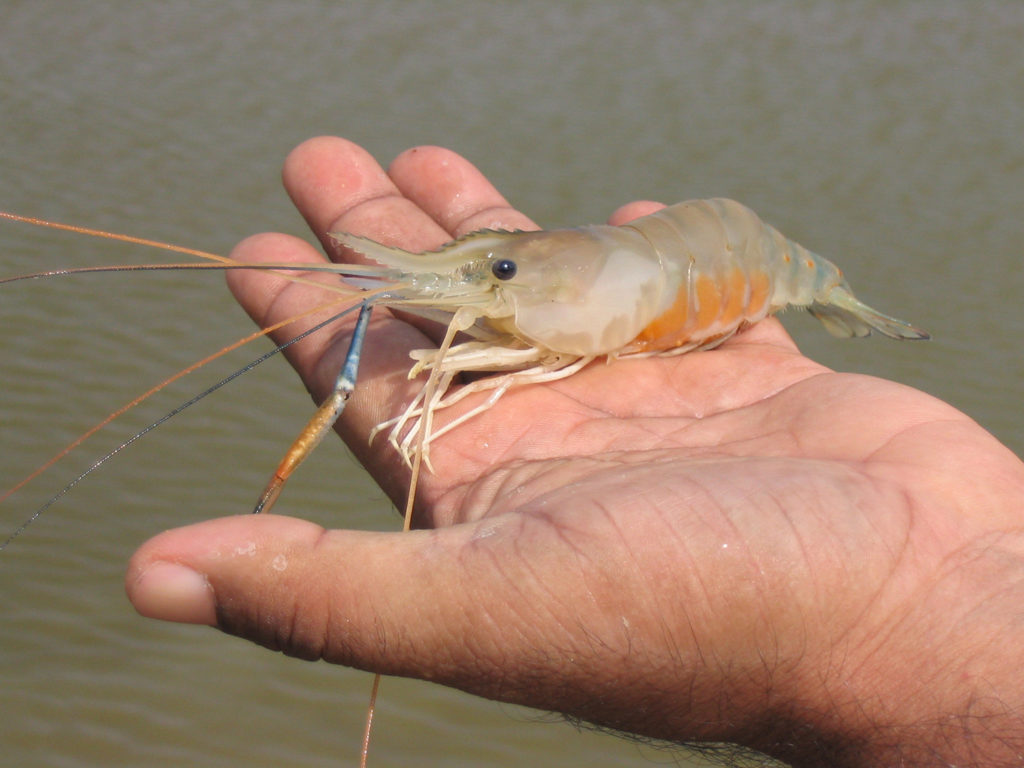
Innovation & Investment
Genomics and feed teams take aim at improving freshwater prawn aquaculture
Singapore-based collaboration aims to deliver super-female freshwater prawn PLs with greater disease resistance and improved performance.
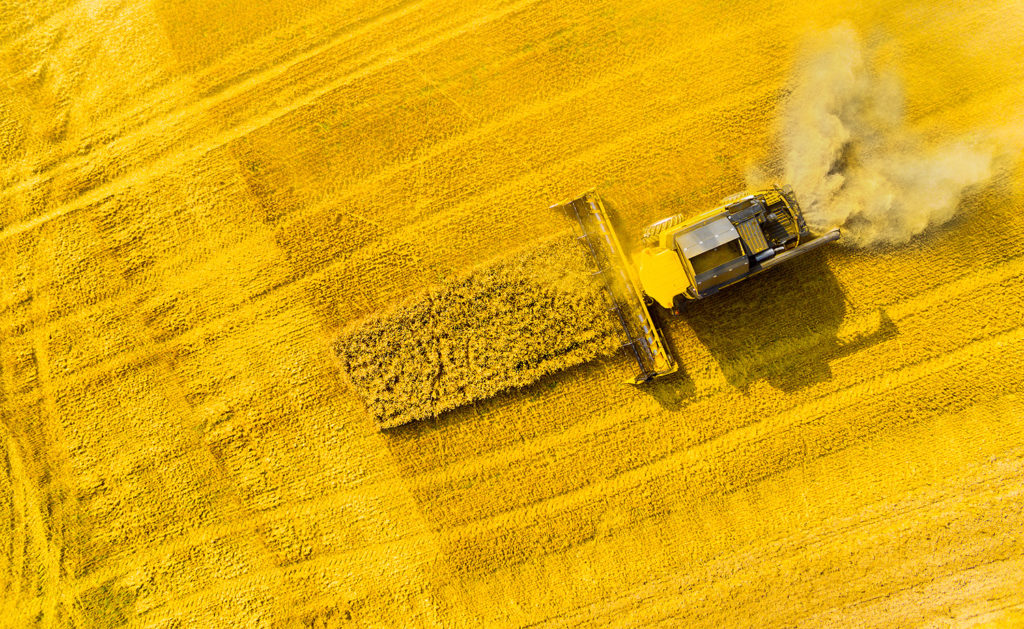
Aquafeeds
A push for rapeseed as a viable aquafeed ingredient
One Germany-based company says rapeseed protein concentrate, or RPC, can help aquafeed manufacturers meet growing demand.
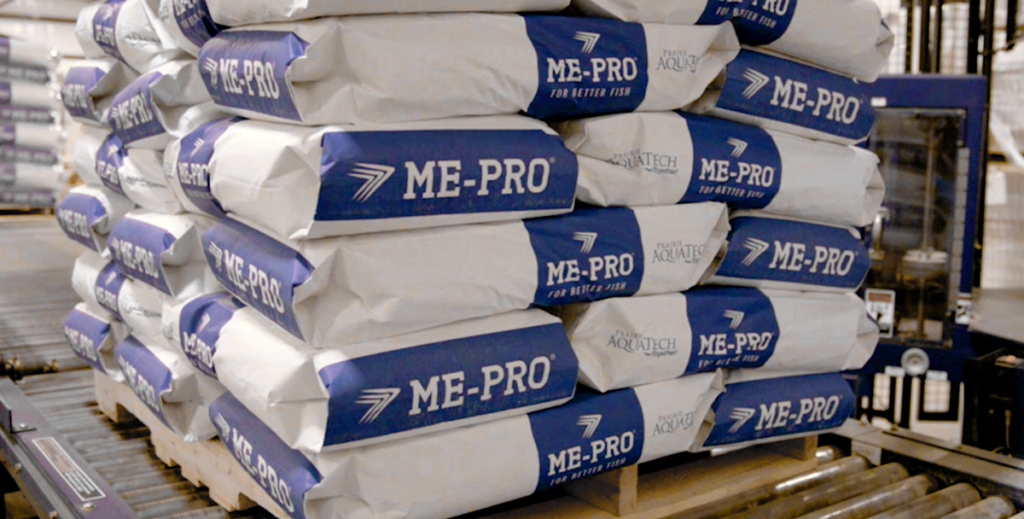
Innovation & Investment
Innovation Award 2020 finalist: ME-PRO® from Prairie AquaTech
An alternative aquaculture feed ingredient made in the American Plains is a finalist for GAA’s annual Global Aquaculture Innovation Award.
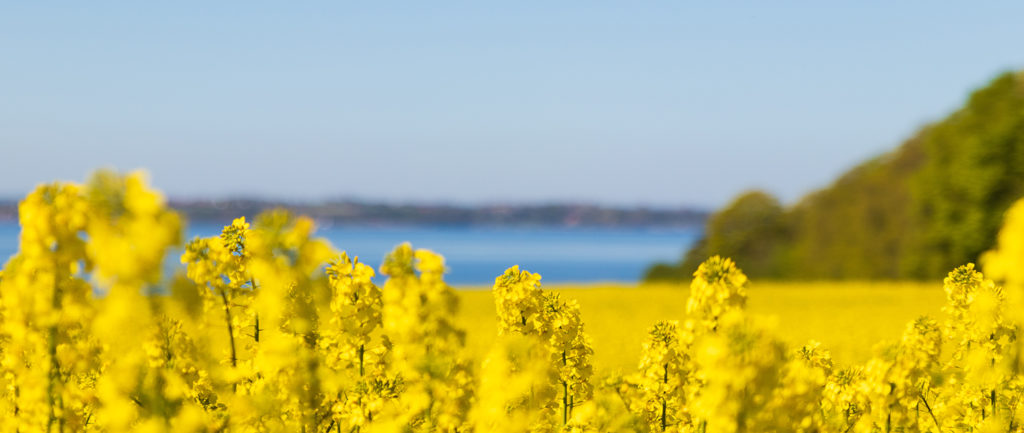
Innovation & Investment
Innovation Award 2020 finalist: Aquaterra from Nuseed
Aquaterra® is the third of three finalists for the Global Aquaculture Alliance’s Annual Global Aquaculture Innovation Award for its omega-3 solution.



